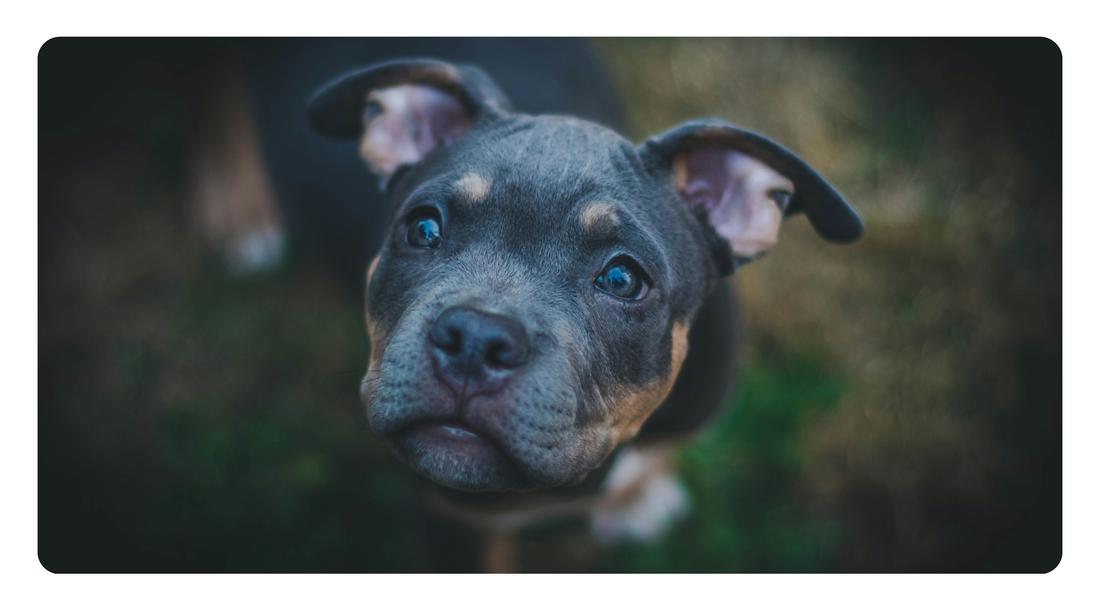Cancer is the leading cause of death in dogs over the age of ten, and rates are rising rapidly. While genetics can influence cancer risk, it’s now widely understood that nutrition, environment, and lifestyle are the biggest determinants of long-term health. That means what you put in your dog’s bowl each day has the power to either fuel disease or build resilience.
The good news? Science is uncovering simple, proactive strategies you can use to reduce cancer risk through daily feeding. It’s not about doing everything perfectly, it’s about creating a consistent, supportive routine that prioritizes fresh food, clean ingredients, and key nutrients that help the body defend against abnormal cell growth.
Let’s explore science-backed ways to reduce cancer risk starting with the most powerful tool you have: your dog’s diet.
1. Feed Fresh, Minimally Processed Food
Most commercial pet foods—especially kibble—are highly processed under high heat, which creates carcinogenic compounds like acrylamides, heterocyclic amines, and advanced glycation end products (AGEs). These compounds promote chronic inflammation and oxidative damage, two of the main mechanisms that drive cancer cell development.
Instead, choose options like:
-
Raw or gently cooked whole-food diets made from fresh meat, organs, and produce
-
Freeze-dried or air-dried raw food that maintains nutrient integrity without high heat
-
Home-prepared meals using trusted sourcing and balanced recipes with guidance from a canine nutritionist
Fresh diets are naturally rich in living enzymes, unoxidized fats, antioxidants, and phytonutrients that can dramatically support your dog’s immune function and reduce cancer-promoting inflammation.
2. Reduce Carbohydrate Load
One of the most overlooked contributors to cancer risk is excess dietary carbohydrate. Cancer cells rely heavily on glucose for fuel. Diets high in starches and sugars, common in kibble and many commercial canned foods, can create a metabolic environment that supports tumor growth.
Ways to reduce your dog’s carb intake:
-
Avoid foods made with rice, corn, wheat, barley, potatoes, or legumes
-
Choose low-glycemic vegetables like spinach, zucchini, kale, and broccoli
-
Add small amounts of antioxidant-rich fruits like berries
-
Limit sugary treats and replace with single-ingredient whole food treats
A lower-carb, higher-protein and fat diet (with high-quality sources) helps stabilize insulin levels and may restrict cancer cell growth by limiting their access to glucose.
3. Incorporate Anti-Cancer Superfoods
Certain foods and herbs are known to provide powerful protection against cancer through antioxidant activity, immune modulation, and detoxification support. Including a variety of these on a regular basis can create a nutritional safety net against disease.
Top anti-cancer additions include:
-
Cruciferous vegetables (broccoli sprouts, cauliflower, cabbage): rich in sulforaphane, a compound that supports detox pathways and inhibits cancer cell proliferation
-
Medicinal mushrooms (reishi, shiitake, maitake, turkey tail): packed with beta-glucans that enhance natural killer cell activity and regulate immune responses
-
Colorful berries (blueberries, raspberries, blackberries): contain anthocyanins and polyphenols that neutralize free radicals and protect DNA
-
Curcumin (from turmeric): known for its anti-inflammatory and anti-angiogenic properties; best absorbed with healthy fats and black pepper
-
Parsley and cilantro: help chelate heavy metals and support liver detox
Lightly steaming or pureeing veggies improves digestibility, especially for dogs with sensitive digestion.
4. Support Detox Pathways Daily
The body has built-in detox systems, but they require proper nutrients and support to function optimally. Toxins from food, water, medications, pesticides, and the environment can overwhelm the liver, lymph, and kidneys, making it harder to clear carcinogens and metabolic waste.
Daily detox-supporting practices include:
-
Feeding sulfur-rich foods (like eggs, garlic, kale, and broccoli) to support phase II liver detox
-
Using herbs like milk thistle, burdock root, cleavers, and dandelion root to gently support liver and lymphatic drainage
-
Offering binders such as chlorella, bentonite clay, or humic/fulvic acids to absorb and remove heavy metals and environmental toxins
-
Using clean, filtered water and non-toxic food bowls (glass or stainless steel)
Detox support is especially important for dogs with chronic inflammation, past vaccine or medication exposure, or those living in urban or agricultural environments.
5. Choose Clean, High-Quality Ingredients
The quality of the food you feed matters just as much as the ingredients themselves. Pesticide residues (especially glyphosate), hormones, and synthetic additives create an extra burden on your dog’s detox pathways and immune system.
When possible, aim for:
-
Organic produce to avoid herbicides and pesticide residues linked to cancer
-
Pasture-raised or wild-caught animal proteins to avoid hormones, antibiotics, and genetically modified feed
-
Whole food ingredients free from artificial colors, synthetic preservatives, and feed-grade byproducts
-
Avoiding foods with vague ingredients like "meat meal," "animal digest," or "flavoring"
Every cleaner swap helps reduce your dog’s long-term toxic burden.
Bonus: Feed with Variety and Intentional Rotation
Monotonous diets not only create nutritional gaps but may also increase the risk of accumulating food sensitivities and metabolic imbalance. Cancer prevention is supported by nutrient diversity and microbiome diversity.
Tips for variety:
-
Rotate between 2–3 different protein sources every few weeks
-
Include different types of vegetables and fruits throughout the week
-
Rotate your probiotic and herbal supplements seasonally or as needed
-
Introduce nutrient-dense organ meats (like liver, heart, kidney) 1–2 times per week
This natural rotation mimics ancestral feeding patterns and keeps your dog’s body guessing—in a good way.
Final Thoughts
Cancer prevention doesn’t start with expensive treatments, it starts in the bowl. By focusing on clean, nutrient-rich whole foods, reducing dietary stressors, supporting detox pathways, and using targeted superfoods, you can profoundly influence your dog’s health trajectory.
It’s not about perfection. It’s about consistency, awareness, and making small changes that stack up over time.
At The Organic Dog Shop, we’re here to help you build a lifestyle that supports your dog’s vitality from the ground up. Explore our curated collection of functional foods, clean supplements, and detox tools designed to support long-term wellness and reduce cancer risk naturally.

